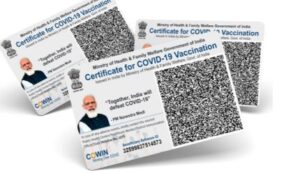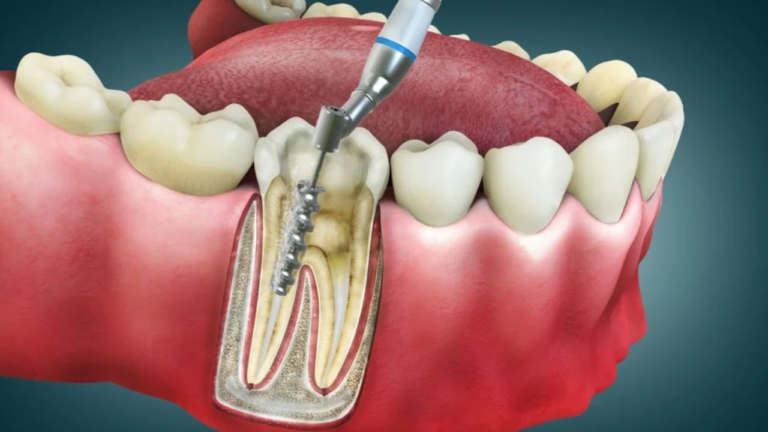A common hormonal disorder that has been a problem for most women for a long time is Polycystic Ovarian Syndrome or PCOS. It affects women in their reproductive years. Hormonal imbalances cause the ovulation process to be disrupted. This results in several other unpleasant symptoms as well. These symptoms include insulin resistance, acne, weight gain, hirsutism, etc.
With many myths and misconceptions circulating the Internet, it is important to separate fact from fiction. This is because out of many medical conditions, this one is very well known to change your life potentially. Knowing what is right and what happens in this is necessary to overcome it, and manage it as there is no possible cure known for this condition yet. A known gynecologist in Karachi debunked a few myths about PCOS and explained the facts much better for our understanding. Let me share a few with you as well.
Myth # 1: People with PCOS cannot get pregnant
One of the most common misconceptions associated with PCOS is the fact that women who have ovarian cysts cannot bear children. This is not true for everyone.
The Truth
Contrary to popular belief and fortunately, this is not the case for most women. PCOS is a common cause of fertility when the symptoms are not managed well enough and nothing is done to treat it. With as little as just lifestyle adjustments, women with PCOS can naturally become pregnant. Those who do not conceive naturally respond well to entry-level fertility treatments. A healthier diet along with a few important supplements such as myo-inositol will work wonders for managing those symptoms and help you conceive the natural way.
Myth # 2: An irregular menstrual cycle means only PCOS
The Truth
While PCOS is one of the most common causes of irregular periods, it is not the only one. A typical cycle ranges between 21 to 35 days. Cycles can be stretched and altered due to excessive stress, and extreme dieting that can lead to deficiencies, thyroid issues, fibroids, or other endocrine disorders. If you have an irregular cycle, consult a doctor without making assumptions and self-treating the issue. Some simple ultrasound and blood hormone tests can confirm the diagnosis.
Myth # 3: You did something to cause it
Unfortunately, many of you strong, young women have heard this. But with the exact cause of PCOS still unknown to mankind, there is one thing that you must know: you are not to blame for this!
The Truth
A family history of PCOS can lead to an increased risk of you getting it. Several other factors, including genetics, are also known to play a leading role in causing PCOS. high levels of androgens, also called “male hormones” contribute to the majority of the symptoms associated with this condition so it is definitely not your fault.
Myth # 4: PCOS affects only obese women
The Truth:
Although most women who are polycystic are indeed overweight or obese, this is not generally true. PCOS does not discriminate and can affect women of all shapes and sizes. In PCOS, the body does not use insulin properly. Therefore, insulin resistance may also cause you to gain weight.
Eating healthy and exercising regularly will help improve your insulin sensitivity. This will reduce the majority of your uncomfortable symptoms and help you manage PCOS better.
Myth # 5: Infertility is the only medical concern in women with PCOS
The Truth:
PCOS is not just bout infertility. It is a syndrome that affects your complete lifestyle. From insulin resistance to weight gain, hirsutism, hair loss, depression, anxiety, and chronic fatigue, it will tear you down if not treated properly. These women have to deal with multiple symptoms daily. These patients are also at an increased risk of developing diabetes, hypertension, and other cardiovascular disorders.
Myth # 6: PCOS is well-understood
The Truth:
Although this condition is now very common, there is still a lot of information that needs to be found on this in order to either find a cure or manage it much better than we already are. It is a group of symptoms, so understanding and making a diagnosis on only one possible one, such as the occurrence of cysts, is wrong. In order to avoid any complications, it is better to research as this disease is still not well understood. What actually is happening is hit-and-miss regarding its management and treatment. Not every woman is the same and not everything works for all.
Conclusion
To summarize it all, PCOS is still a disease under thorough investigation. What is known is to eat a healthy diet, stay active, and reduce stress to improve those distressing symptoms.








